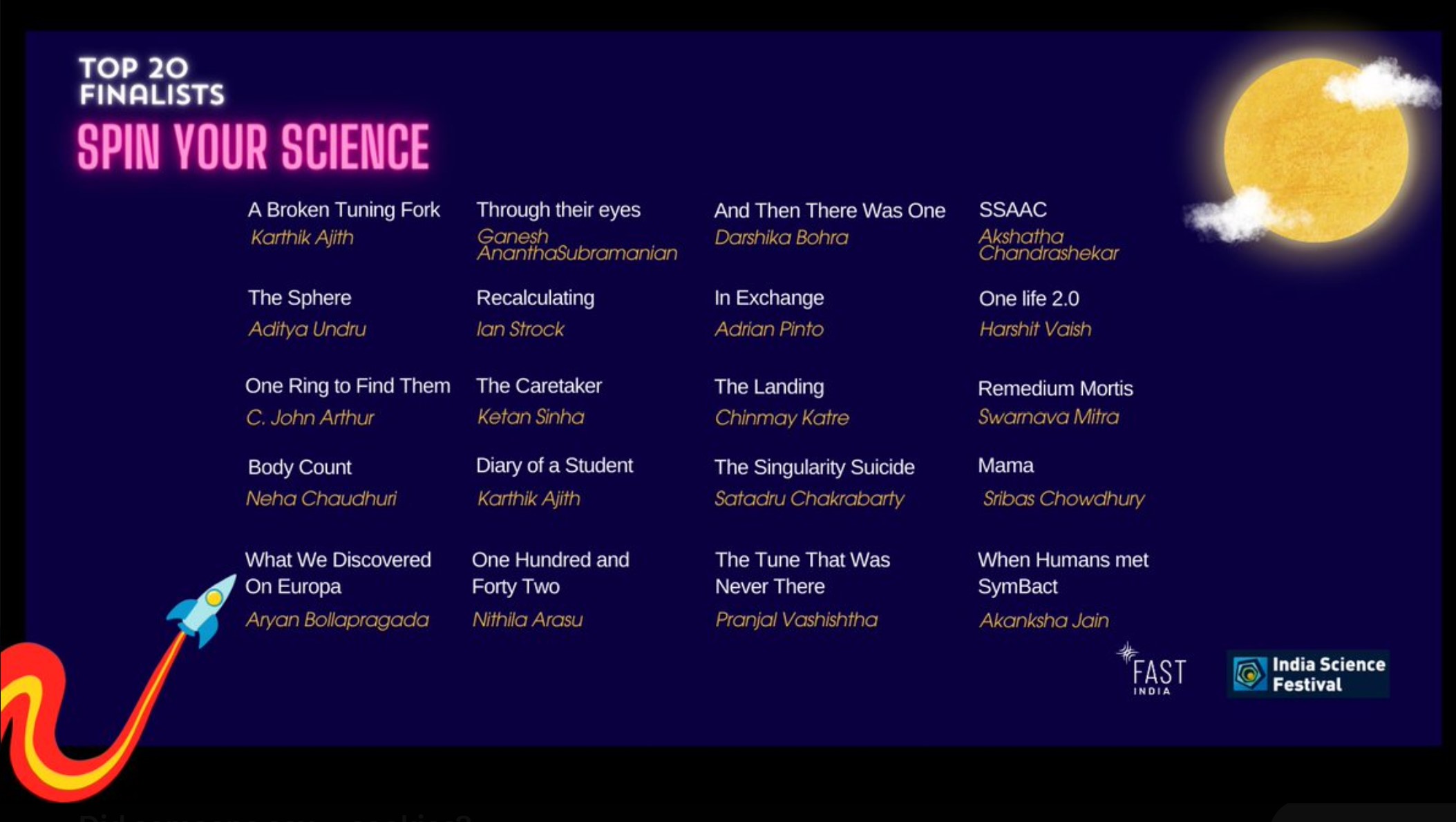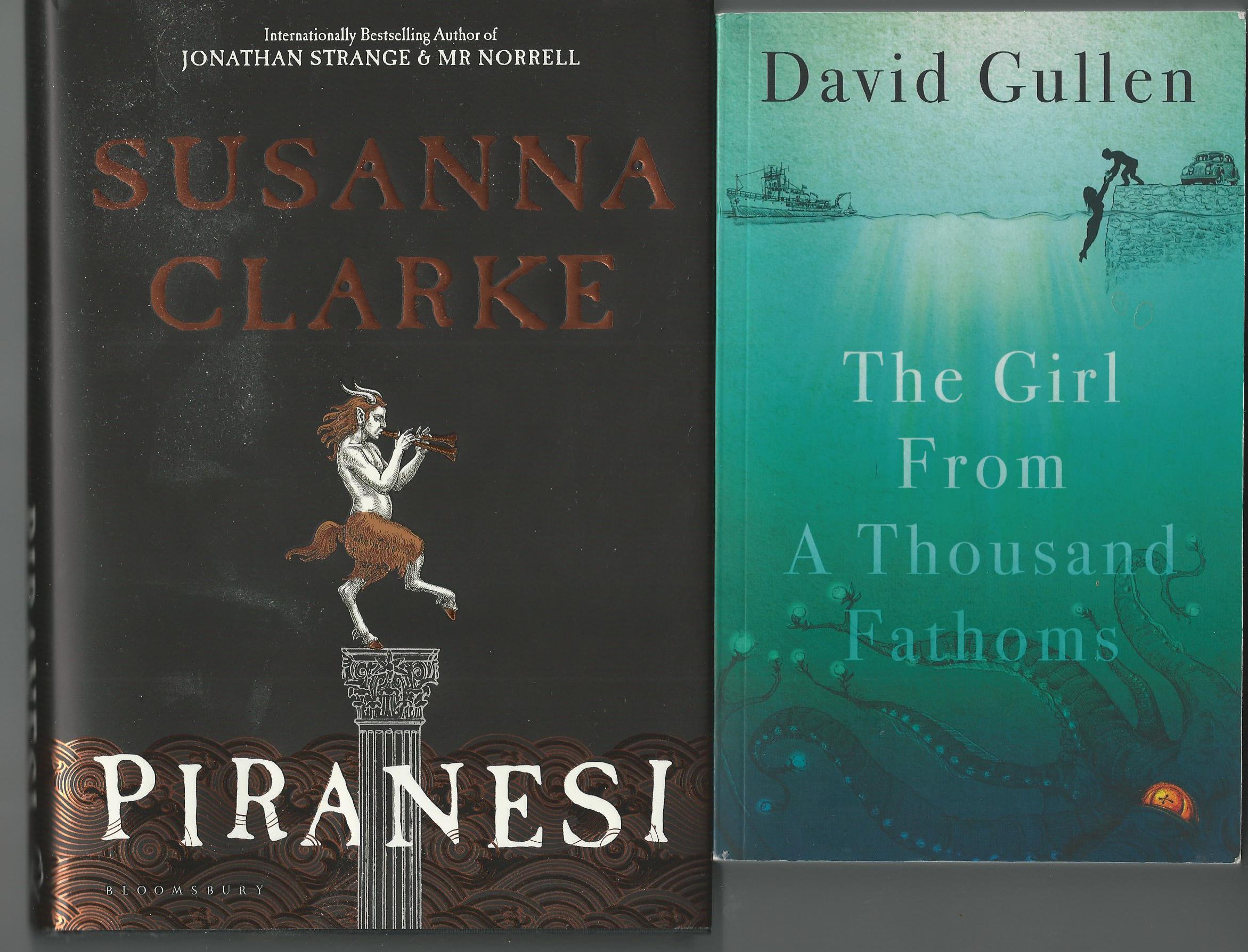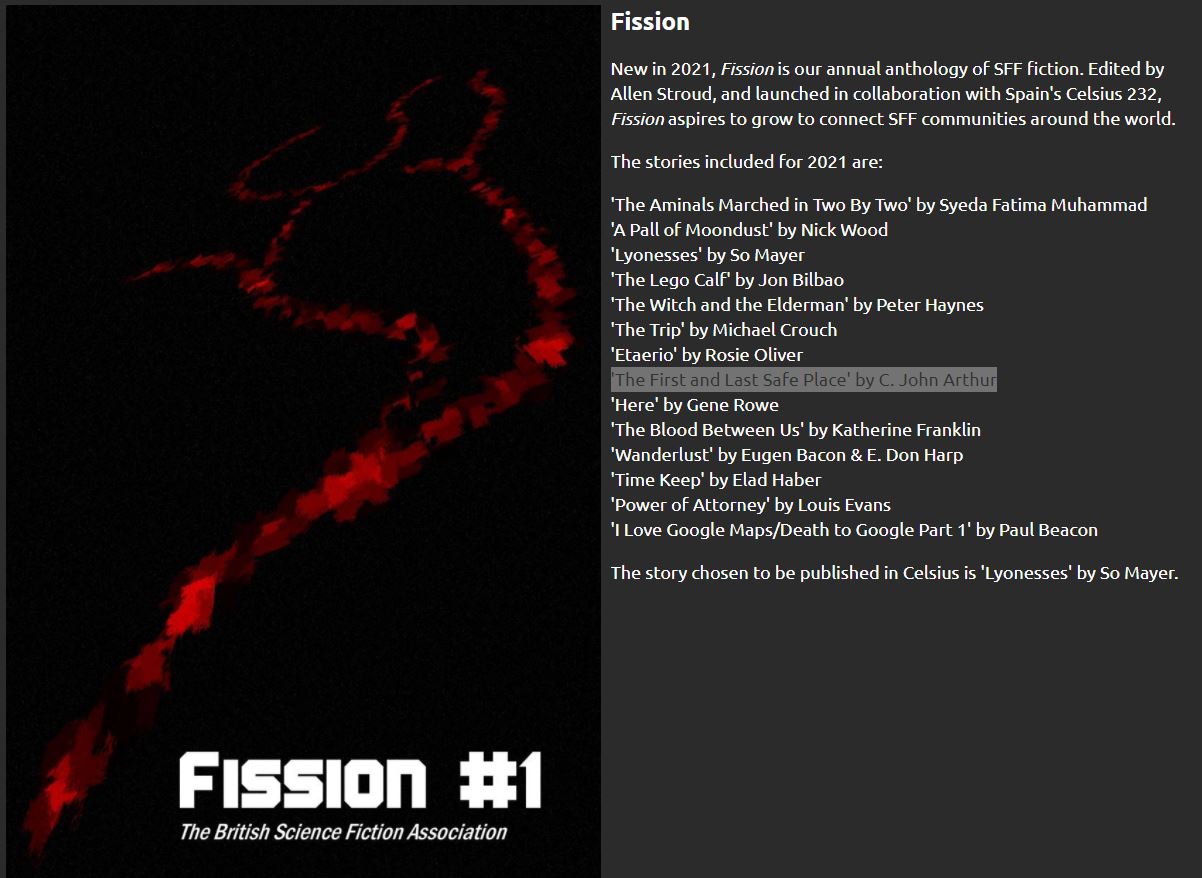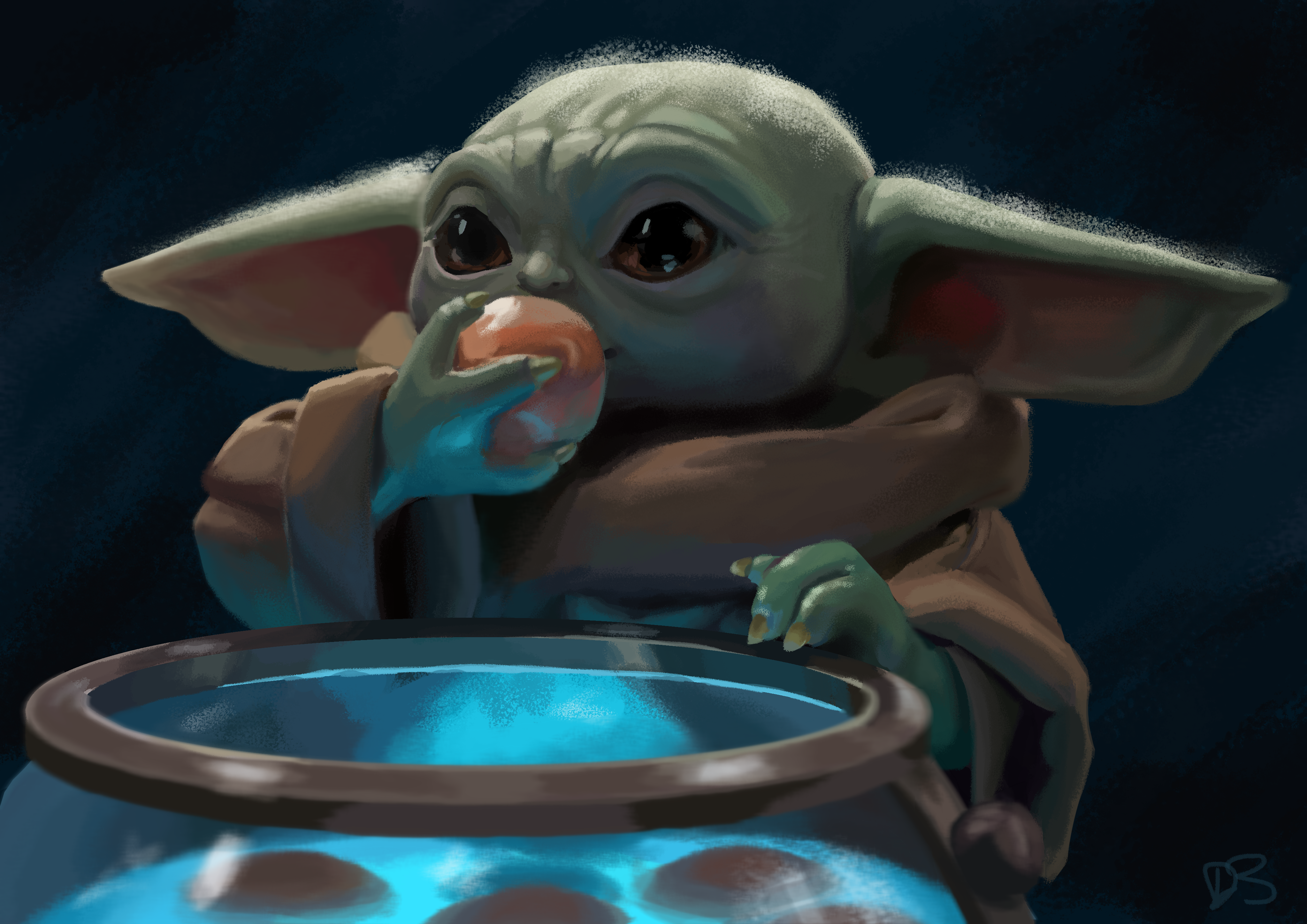I was reflecting on the short stories that have stayed with me long after I have read them. I decided to make a list and post them here. They are in no particular order. I do not claim they are the best stories I have read, though some are favourites. But for one reason or another they have stayed with me over the years. Many are really old and I didn’t necessarily read them when they came out. Much of my short story reading was based on books I found in the library. Several ‘Best of the Year’ by Terry Carr or Damon Knight’s Orbit anthologies Nebula or Hugo award winning collections. In fact, it was a pretty rich diet. When I finally did pick up an actual SF magazine, I was a bit disappointed that not all the stories were of the quality that I had read in these best of anthologies…
In the House of the Compassionate Sharers -Michael Bishop –sadly recently departed for pastures new
Little Iyla, Spider and Box – Paul McCauley –a great story from Interzone
Flowers for Algernon – Daniel Keys –the short story not the novel –Science Fiction rarely gets better than this
Xeelee Flower – Stephen Baxter
The Unconquered Country – Geoff Ryman –the best story I read in Interzone whilst I was a subscriber
The Eyelash Miracles -Gene Wolfe –the 1st story I read by Gene Wolfe that got me hooked
Trip, Trap -Gene Wolfe
The Island of Dr. Death and other Stories -Gene Wolfe
The Death of Dr. Island -Gene Wolfe
The Detective of Dreams -Gene Wolfe
The Sandkings – George RR Martin –when GRRM wrote science fiction
When Morning comes, Mistfall George RR Martin
Press Enter – John Varley
Sonnie’s Edge-Peter F Hamilton
Zima Blue – Alastair Reynolds great story, great animated interpretation on Netflix
The Big Front Yard -Clifford D. Simak
Desertion – Clifford D. Simak –this is my favourite SF story
The Beast that shouted Love at the heart of the World -Harlan Ellison
Repent Harlequin said the Tick tock man -Harlan Ellison
I have no mouth and I must scream -Harlan Ellison
Ender’s Game – Orson Scott Card –the original short story
The unaccompanied Sonata – Orson Scott Card
Nightfall – Isaac Asimov
I Robot – Isaac Asimov
The Star -Arthur C. Clarke
The ones who walk away from Omelas – Ursula K. Le Guin
The Word for World is Forest – Ursula K. Le Guin
The Day before the Revolution – Ursula K. Le Guin
Of Mist, Grass and Sand -Vonda McIntyre
The Screwfly Solution – James Tiptree Jr./ Alice Sheldon
The unpleasant profession of Jonathan Hoag – Robert A. Heinlein
By his Bootstraps – Robert A. Heinlein
Forms of things unknown – C S. Lewis
The Tin Soldier -Joan D. Vinge
The Merchant and the Alchemist’s gate -Ted Chiang my favourite Ted Chiang story
Stories of your life and others -Ted Chiang adapted as Arrival






